Chinese mythology is a tapestry of ancient tales filled with gods and goddesses who wield immense powers and play significant roles in the lives of people. In this article, we will delve into the captivating world of Chinese deities, exploring 15 fascinating facts that illuminate their rich and diverse mythology.
Introduction
Chinese gods and goddesses have been revered for centuries, with each having its unique attributes, stories, and cultural significance. From the revered Jade Emperor to the mysterious Guan Yin, let’s unravel the mystique surrounding these divine beings.
Fact 1: The Jade Emperor, Ruler of Heaven
The Highest Deity: The Jade Emperor, also known as Yu Huang Shangdi, is considered the highest deity in Chinese mythology. He presides over Heaven and Earth, making crucial decisions that affect all living beings.
Zodiac Animal Selection: The Jade Emperor is believed to have selected the order of the twelve animals in the Chinese zodiac, according to their arrival at his heavenly party.
Chinese New Year’s Ceremonies: During the Chinese New Year, special ceremonies and offerings are made to the Jade Emperor to seek his blessings and protection for the coming year.
Fact 2: Guan Yin, the Goddess of Compassion
A Beloved Goddess: Guan Yin, also known as Guanyin Bodhisattva, is the embodiment of compassion and mercy. She is one of the most revered deities in Chinese Buddhism.
Thousand Arms and Eyes: Guan Yin is often depicted with a thousand arms and eyes, symbolizing her ability to see and help countless people simultaneously.
Gender Transformation: Guan Yin is a unique deity as she is sometimes depicted as male and at other times as female, showcasing her fluid and compassionate nature.
Fact 3: The Monkey King, Sun Wukong
A Mischievous Hero: Sun Wukong, also known as the Monkey King, is a legendary figure from the classic Chinese novel “Journey to the West.” He possesses incredible strength and is known for his mischievous nature.
Powers and Abilities: Sun Wukong has the power to transform into 72 different forms, wield a staff that can change its size, and fly on clouds. He is a symbol of rebelliousness and perseverance.
Spiritual Journey: “Journey to the West” narrates the adventures of the Monkey King and his companions on a quest to retrieve Buddhist scriptures from India, symbolizing a spiritual journey.
Fact 4: The Dragon Kings, Rulers of the Seas
Four Dragon Kings: Chinese mythology includes four Dragon Kings who rule over the seas in the four cardinal directions: East Sea, West Sea, South Sea, and North Sea. Each is known for their distinct characteristics and powers.
Guardians of Water: These Dragon Kings are believed to control the weather and are often invoked to bring rain during droughts. They are also protectors of fishermen and sailors.
Colorful Tails: The Dragon Kings are often depicted with colorful dragon tails and regal attire, signifying their divine status.
Fact 5: Houyi, the Archer Who Shot Down Suns
Sun-Shooting Hero: Houyi is a legendary archer who shot down nine of the ten suns that once blazed in the sky, saving the Earth from scorching heat.
Married to Chang’e: Houyi is married to Chang’e, who became the Goddess of the Moon. Their story is intertwined with the Chinese Mid-Autumn Festival.
Symbol of Precision and Skill: Houyi’s exceptional archery skills make him a symbol of precision and heroism in Chinese mythology.
Fact 6: The Eight Immortals
A Group of Deities: The Eight Immortals, also known as the Eight Taoist Immortals, are a group of legendary figures in Chinese mythology. They possess unique powers and characteristics.
Widely Celebrated: The Eight Immortals are popular subjects in Chinese art, literature, and folklore. They are often depicted as a group traveling together on various adventures.
Representing Various Virtues: Each of the Eight Immortals represents different virtues and attributes, making them a diverse and dynamic group of deities.
Fact 7: Erlang Shen, the Third Eye Warrior
Defender of the Divine: Erlang Shen, a prominent deity in Chinese mythology, is known for his third eye, which grants him the ability to see demons and spirits.
Battler of Demons: Erlang Shen is often depicted battling various evil spirits and demons. His name is invoked for protection against malevolent forces.
Cultural Variations: While widely recognized in Chinese culture, Erlang Shen’s legends and characteristics may vary in different regions of China.
Fact 8: Zhong Kui, the Demon Queller
Guardian Against Evil: Zhong Kui is a legendary figure who is revered as a guardian against evil spirits and demons. He is often depicted as a fierce warrior with a commanding presence.
Ghost Festival Celebrations: Zhong Kui’s image and stories are prominently featured during the Ghost Festival, where it is believed that he can protect against malevolent spirits.
Cultural Significance: Zhong Kui’s story has left a lasting impact on Chinese culture and is often associated with exorcism and protection against supernatural forces.
Fact 9: Fengshen Yanyi, the Investiture of the Gods
Epic Mythological Tale: “Fengshen Yanyi,” also known as “The Investiture of the Gods,” is a classic Chinese literary work that recounts the battles and intrigues among various gods and demons.
Complex and Intricate: This epic showcases a multitude of deities, including the Monkey King, Erlang Shen, and many others, in a narrative filled with intricate plotlines.
Cultural Resonance: “Fengshen Yanyi” continues to influence Chinese culture, including theater, art, and popular media, serving as a wellspring of inspiration.
Fact 10: Mazu, the Goddess of the Sea
Protector of Mariners: Mazu, also known as Matsu, is a popular goddess among fishermen and sailors. She is believed to protect seafarers from the perils of the sea.
Origin of Her Name: “Ma” means “mother” in Chinese, and “zu” means “ancestor.” Mazu is often referred to as “Mother Ancestor,” signifying her maternal and protective nature.
Maritime Festivals: Throughout coastal regions in China and Southeast Asia, festivals dedicated to Mazu are celebrated, where believers seek her blessings for safe voyages.
Fact 11: Pangu, the World Creator
Mythical Origins: Pangu is a primordial deity believed to have created the world by separating the chaos of yin and yang. His story is a foundational myth in Chinese cosmology.
Cosmic Creation: According to the myth, Pangu’s body transformed into the elements of the world, such as the sky, earth, mountains, and rivers, establishing the structure of the universe.
Cosmic Egg: Pangu is often depicted holding a giant cosmic egg from which the world emerged, emphasizing his role as a creator deity.
Fact 12: Houtu, the Earth Goddess
Protector of Earth: Houtu, also known as the Earth Goddess, is revered as the guardian of the earth and land. She is associated with the nurturing and fertility of the earth.
Fertility and Agriculture: Houtu is frequently invoked by farmers and communities to ensure bountiful harvests and agricultural prosperity.
Symbol of Stability: As the Earth Goddess, Houtu represents the stability and abundance of the land, making her an important deity for those who depend on agriculture.
Fact 13: The Door Gods
Guardians of Homes: The Door Gods, Shen Shu in Chinese, are traditionally placed on doors to ward off evil spirits and protect homes and households.
Dual Deities: The Door Gods come in pairs, often representing historical or mythological figures. They are believed to guard against both demons and negative influences.
Chinese New Year Traditions: The Door Gods are an integral part of Chinese New Year celebrations, where new images of these deities are posted on the doors to usher in good fortune.
Fact 14: The Kitchen God
The Divine Food Taster: The Kitchen God, Zao Jun, is believed to watch over the household and provide reports to the Jade Emperor about the family’s behavior.
Kitchen God’s Annual Departure: In a unique tradition, it is believed that the Kitchen God departs to report to the Jade Emperor before Chinese New Year. Families offer sacrifices and perform rituals to ensure a favorable report.
Preserving Family Unity: Zao Jun’s role is to promote harmony within the family, and his annual departure is seen as a way to keep the household united.
Fact 15: Meng Po, the Lady of Forgetfulness
Reincarnation in the Afterlife: Meng Po, also known as the Lady of Forgetfulness, is a deity in Chinese mythology responsible for making souls forget their past lives before reincarnation.
Nectar of Forgetfulness: Meng Po serves a soup called the “Nectar of Forgetfulness” to the souls before they are sent back to the mortal world. Drinking this soup erases their memories.
Cycle of Rebirth: Meng Po’s role is essential in the cycle of reincarnation, allowing souls to start anew in each life without the burden of past experiences.
Conclusion
Chinese gods and goddesses are a diverse and captivating array of divine beings, each with their unique stories, attributes, and cultural significance. From the compassionate Guan Yin to the mighty Monkey King and the celestial Jade Emperor, Chinese mythology is replete with characters that have shaped the beliefs and traditions of countless generations. Exploring these deities offers a profound insight into the rich and intricate tapestry of Chinese culture and spirituality.

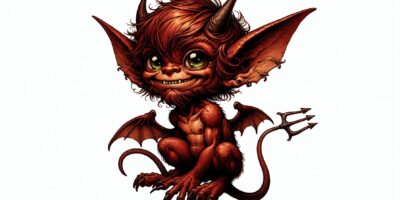
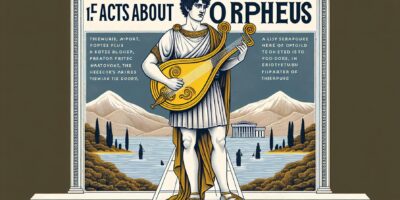
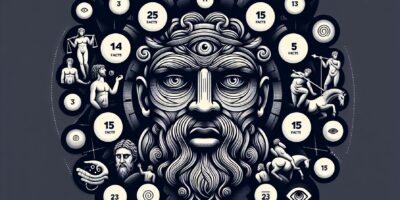
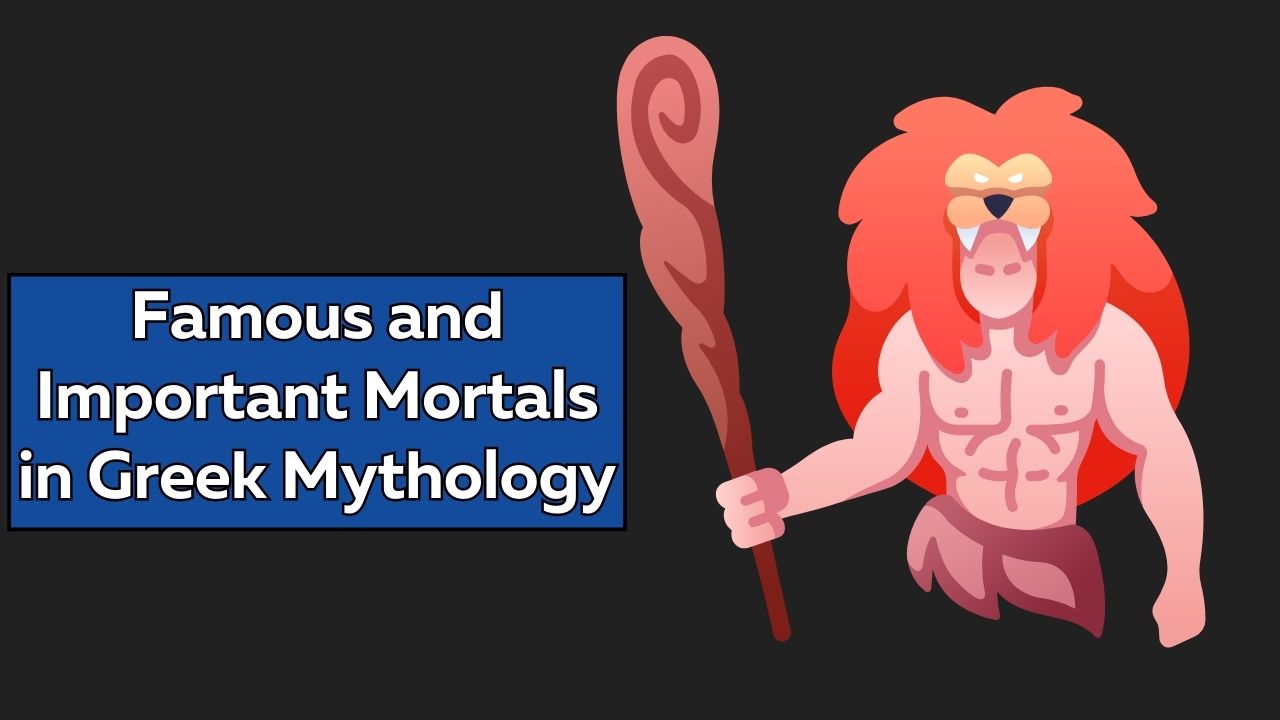
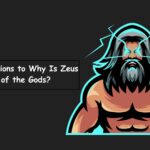
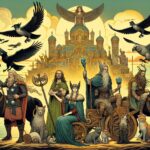
Leave a Reply